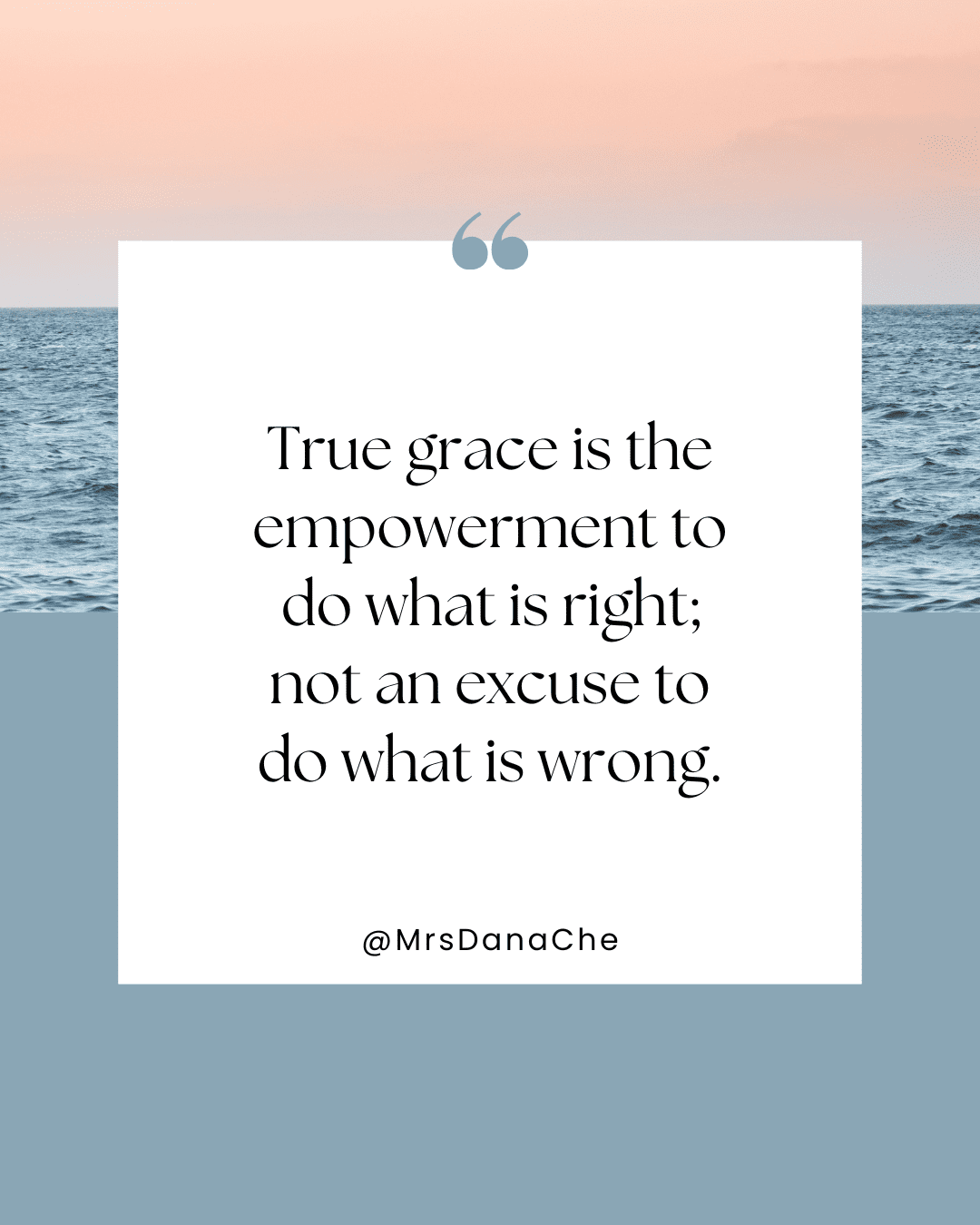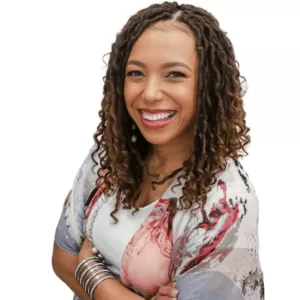Are You Helping or Enabling?
Most people love helping others, but if you’re honest, are you helping or enabling? This is a topic that’s close to my heart—not because I struggle with it per se, but because I see how much damage it can do in marriages, families, churches, and communities. I bet if you clicked on this, you’ve wondered: “Am I enabling the people around me?” Maybe you’ve even been called an enabler, but aren’t sure if the label fits.
If that’s you, let’s have a real conversation about what enabling actually is, why it’s so common (especially for us Christians who want to be “grace-filled”), and, more importantly, how we can break free from the cycle of enabling and choose a healthier way forward.

What Does It Mean to Be an Enabler?
In short, an enabler is someone who either knowingly or unknowingly supports, covers up, or excuses abusive or self-destructive behavior in another person. Sometimes people do this thinking they’re helping, peacemaking, or showing grace. But let’s get real: enabling isn’t help, it isn’t peace, and it certainly isn’t grace.
Growing up, I saw this firsthand in my own family. My mom was in a horrifically abusive marriage, and as a young girl, I watched her enable, excuse, and cover up the terrible things my stepfather was doing. I learned early what it looked like to make inner vows—I promised myself if I ever saw something wrong, I wouldn’t just silently accept it or cover for someone else.
So if you struggle with enabling, know that I share these insights from a place of strength and love—I’ve seen what enabling does, and I’m passionate about helping you find a way out.
How Enabling Shows Up
You might wonder, “Well, what does enabling look like, day-to-day?” Let me give you a few examples I see most often:
- The Cover-Up: Sweeping wrong behavior under the rug—whether that’s pretending infidelity didn’t happen, letting gossip slide, or in the church world, ignoring misconduct and saying, “It’s under the blood.”
- Becoming the Scapegoat: Taking the blame for things you didn’t do, or letting someone else pin their consequences on you.
- Making Excuses or Rationalizing: Saying things like, “It wasn’t really that bad,” or “If I had done things differently, they wouldn’t have acted that way.” It’s not love, and it doesn’t help anyone mature.
- Over-Spiritualizing: Using religious language to justify not rocking the boat, excusing lack of excellence, or covering up sins in the name of “grace.”
Sound familiar? I’ve seen churches, organizations, and families fall apart because nobody wanted to call things what they were. But friend, nothing that’s hidden is ever truly healed. God is a God of light and of truth, not of cover-up and avoidance.
How Boundaries Protect You From Being an Enabler
Here’s where I need to tell you something about myself: I don’t struggle with enabling—but not because I’m perfect. I learned my lessons, sometimes the hard way. I am passionate about boundaries, and I’m not afraid to hold people accountable. Not my friends, not my family, not even my own kids!
Take for instance, the time my son, Corey, decided he’d skip school after I told him he needed to go. Well, when I realized what he’d done, you better believe I called the school and told them the truth! I let the principal know exactly what happened—even though I could have covered for my son. Why? Because I love him enough to let him face the consequences of his choices. If I covered for him or made excuses, what sort of message would that send? That he never has to own up, that Mom will always save the day? No, thank you. My job as a parent is to raise a responsible man, not a spoiled kid who expects the world to rescue him.
Why Do We Enable Instead of Help?
Now, let’s get honest about why we enable, even when we know it’s not right.
- Desire for Peace: A lot of us hate conflict. We think keeping things easy or quiet is “love,” but that’s just peace-faking, not peacemaking. True peace comes through the truth, not hiding it.
- Fear of Fallout: Maybe you’re scared of losing the relationship, your influence, or even your sense of safety. Maybe you don’t want to be the “bad guy” or fear consequences if you speak up.
- False Guilt: Sometimes, especially in manipulative relationships, you’re made to feel responsible for someone else’s actions: “I treat you this way because you’re difficult.” No. That’s manipulation—don’t own guilt that doesn’t belong to you.
- Bad Teaching: Some of us grew up hearing, “What happens in this house stays in this house,” or we learned in church that grace means silence. No, friend! Biblical grace is the power to do what’s right, not an excuse for continued sin or enabling!
How To Stop Enabling
So, what do you do if you realize you’ve been enabling? Here’s what I’ve learned and what I share with my clients:
- Figure Out Where You Learned It: Was it your family, your church, someone else? Identifying the root helps you root it out.
- Accept That You’re Codependent: Ouch, I know. But if you’re continually cleaning up after someone else or rescuing them, you’re codependent. It’s uncomfortable, but naming it allows you to deal with it.
- Ask What You’re Afraid Of: Shine a light on those fears—what’s the worst that could happen if you speak up? Usually, facing the truth is far less terrifying than living in the dark.
- Set Boundaries: You cannot have a healthy relationship—friendship, marriage, or otherwise—without clear, loving boundaries.
- You Are NOT Their Savior: There is only one Savior, Jesus Christ, and He already did His job. You don’t have to save, rescue, or be responsible for others’ choices.
I love what Lisa Turkhurst says in her book Good Boundaries and Goodbyes: “There are many people in your life who you will either become their enabler or their enemy.” That stuck with me. I choose not to be the enemy, but I also refuse to be the enabler!
Helping Not Enabling By Living in Freedom and Truth
I know breaking the enabling cycle can feel scary. If you grew up steeped in these patterns, it won’t change overnight. But freedom isn’t about never ruffling feathers—it’s about living in authenticity, responsibility, and genuine love.
So here’s my challenge to you: When you notice yourself making excuses, covering up, or peace-faking, pause. Tell the truth. Remember, you are not anyone’s savior. Stand firm in your boundaries and trust that, in the end, love AND truth always win.
Remember: Real grace empowers change. Real love helps people grow. And you, my friend, are powerful enough to choose a healthier way forward.
Thanks for sharing this space with me. I’ll see you in the next episode!
Resources Mentioned in this Episode:
As an Amazon Associate, I earn from qualifying purchases.
Lysa TerKeurst’s Good Boundaries and Goodbyes
Boundaries: When to Say Yes, How to Say No to Take Control of Your Life by Dr. Henry Cloud & Dr. John Townsend
A Church Called Tov by Scot McKnight
“Peacemaking or Peacefaking?” Rebuilding Us Podcast episodeTrust and Accountability in Marriage: Rebuilding Us Podcast episode
5 Boundaries Every Marriage Needs: Rebuilding Us Podcast episode
Like the show? Be sure to SUBSCRIBE on Apple or Spotify, give it five stars, and leave a great review!
Need help with your marriage? Download my FREE 7 Secrets to Know Before You Say I Do or I Did! https://danache.com/7secrets
Follow Dana Che on Instagram,Facebook, and watch these episodes on YouTube!
Support the show: https://danache.com/donations/support-the-show/


